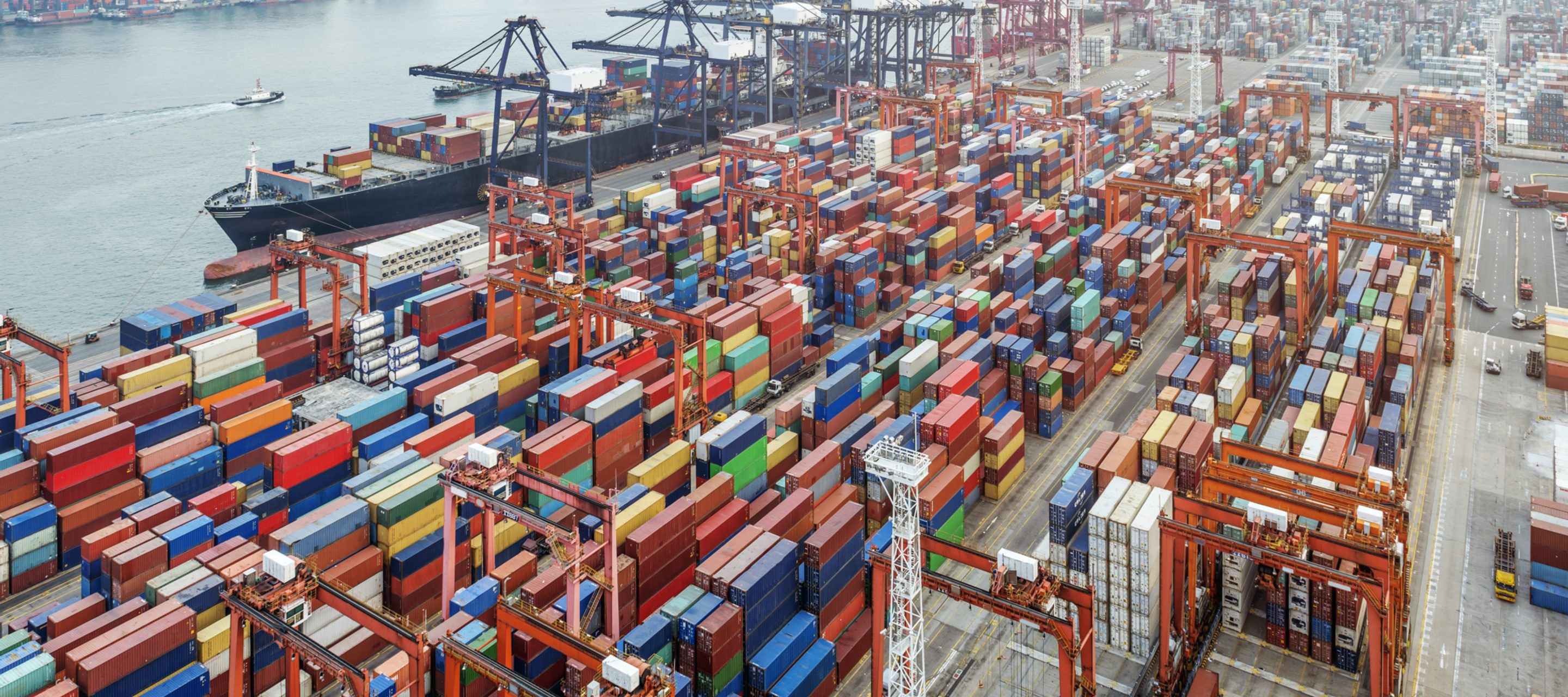Human rights in Cartagena de Indias' port and tourism sectors
1 October 2021

The Rafto Foundation for Human Rights has been working with Centro Regional de Empresas y Emprendimientos Responsables (CREER) in Cartagena de Indias looking at the human rights impacts of activities of the port and tourism sectors in the city.
Cartagena is an area with an economy mostly based on fishing, tourism, and port-related business, which directly depends on the mangroves and the sea. Research to date has established that there is little coordination between port and tourism sector organisations, and the city lacks an overarching strategy that would allow the port and tourism sectors to work together and improve respect for human rights for the city’s inhabitants.
This first report finds that the port needs to be better integrated into the economics and dynamics of the city, and port planning needs to incorporate the importance of local livelihoods and biodiversity in order to ensure local economic welfare (and jobs) and landscape are protected. This will protect drivers of tourism. In turn, the tourism sector must think about the responsibilities and roles of stakeholders from the private and public sectors in guaranteeing and respecting human rights.



